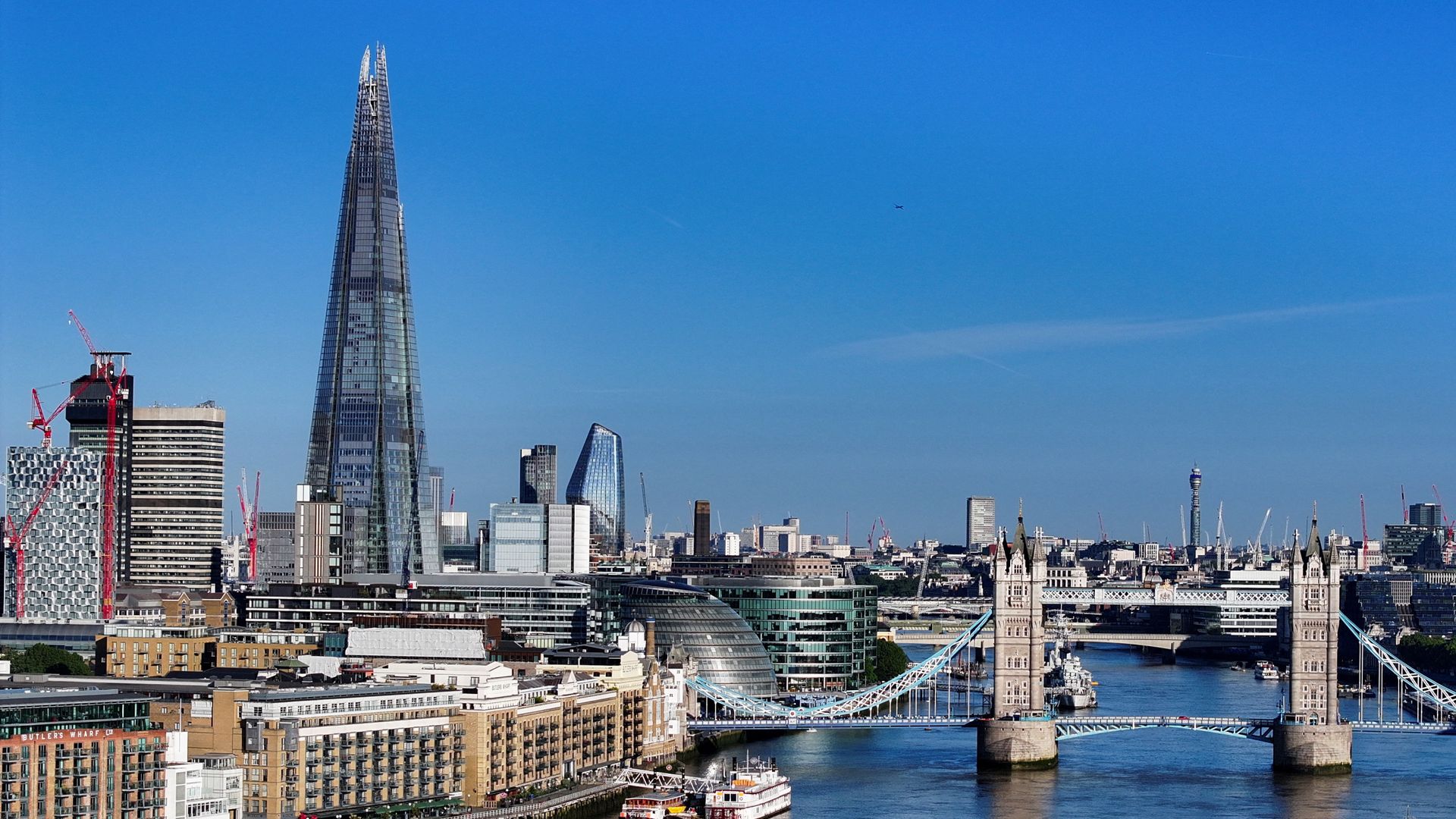

Tens of thousands of people were jailed as part of President Nayib Bukele crackdown on gangs. Some police officers now admit they arrested people on flimsy or nonexistent evidence to meet quotas.
The police arrested men based on neighborhood gossip or innocent tattoos, the families of those swept up in El Salvador’s mass arrests have long claimed.
Now, some police officers who were part of President Nayib Bukele’s sweeping crackdown on gangs are saying the same thing.
Nearly a dozen officers from El Salvador’s national police described facing intense pressure to meet arrest quotas, according to a Human Rights Watch report released this week, as well as three officers from that group who spoke directly to The New York Times, and the leader of the country’s main group advocating for police officers.
The quotas were imposed after Mr. Bukele declared a state of emergency in 2022, which remains in effect today, and oversaw a campaign of mass arrests, the officers and report said.
Mr. Bukele’s plan resulted in an astounding turnaround for the tiny Central American country, which for decades had been racked by gang violence. El Salvador quickly became one of the safest countries in the region, a feat Mr. Bukele touted at the White House after he imprisoned some of President Trump’s deportees.
But the officers and police group leader said arbitrary arrests helped drive that turnaround — as did a fear among the police that they, too, could be dragged to jail as gang collaborators if they defied orders.
They also said some officers abused their powers under the state of emergency.
“Bukele publicizes his security policies as a positive model for the world, but the police officers we spoke with tell a completely different story,” said Juanita Goebertus, the Americas director of Human Rights Watch.
Asked for comment, the Salvadoran police referred questions to a spokeswoman for the presidency, who did not respond.
Officers interviewed for this article spoke on the condition of anonymity because they feared reprisals. Like many Salvadorans, some stood by Mr. Bukele’s security strategy even as they described how it had gone too far.
“The tool is not badly designed,” said one officer. “It’s how it has been applied.”
Exhausting the database
Police officers said in interviews that the emergency decree, at first, helped them quell gangs like MS-13 that had terrorized communities.
But when police and security forces exhausted the database of known gang members, they nonetheless had to keep making arrests—because government officials believed there were tens of thousands of collaborators.
“That’s when we started to come out and say we didn’t agree,” one officer said, adding that his unit was told to keep making five arrests a day.
To meet quotas, officers resorted to flimsy evidence, including anonymous calls or neighbors’ tips, several officers said. The unofficial policy, one said, was “arrest first, investigate later.”
Months of chaos ensued, as officers snatched boys and men from work or their beds.
The head of the group of national police, Marvin Reyes, said in an interview that officers pushed back but faced punishment if they disobeyed. They were told, “Look, if you don’t come in with the daily quota, don’t come into the base at all.”
A teeming prison system
As officials demanded more arrests, El Salvador’s prison population soared from about 30,000 in early 2022 to about 110,000 this year, according to recent government figures.
Police had believed that people arrested in the early push would quickly be released after investigations, interviewed officers said.
But the legal system “crumbled completely” under Mr. Bukele, one officer said. Lawmakers lifted the limit on how long people brought in on gang charges could be held without a trial. Most of those detained in early 2022 are still behind bars.
“Their homes, their jobs. They’ve lost their lives,” he said. “Everything that defines them as a person.”
Demanding cash and sex
As Mr. Bukele extended the state of emergency, several officers said, some members of the police used the decree to extort people — demanding money or sometimes sex to stave off arrest.
People were detained on a whim. A food vendor was put in handcuffs for briefly blocking a police vehicle, one officer recounted.
Mr. Reyes said that incidents of extortion had become rare, and that officers implicated in such cases had been harshly punished. Now, he said, the police can only arrest people under the emergency powers if they have prior charges of gang violence, reducing arbitrary arrests.
But under Mr. Bukele, he said, the police force had been turned into a political tool and had violated human rights. The police had been ordered to arrest dissidents and anyone who spoke out, Mr. Reyes said, and the damage from mass arrests was irreparable.
“The people they incarcerated — they ruined their lives completely,” he said. Some had died in prison, he said. “Correcting that will not be possible.”
The psychological toll on officers, he added, had been significant.
One officer, who said he had refused to do anything “illegal” under the state of emergency, said he had been reassigned, demoted and ridiculed for refusing to carry out orders.
He said he would not quit, out of a survival instinct, if nothing else. If he left the force, he said, the authorities would build a case against him.










-3.png)



